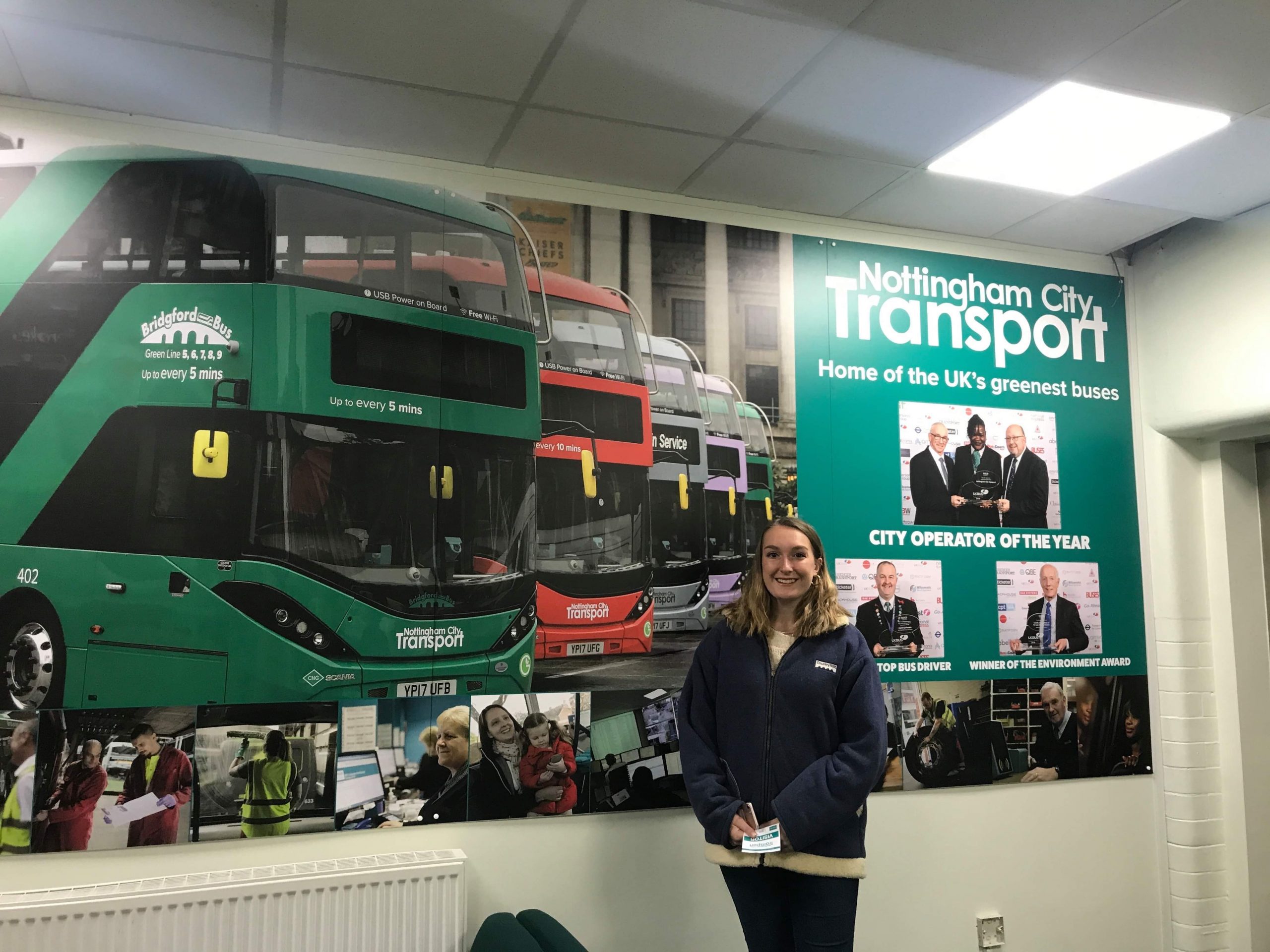How I started a conversation about sustainability amongst the students of Nottingham
12 Years to Save the Planet (12 Years), was my weekly speech show which focuses on approaches to and causes of climate change. The show was called 12 Years because this is how long scientists gave us to become more sustainable before the point of no return. It was a new show to University Radio Nottingham, as I realised that we had a gap in our content. We covered a significant amount of important and culturally relevant topics within our speech shows, however, while the movement towards sustainable living is thriving amongst students, it was not even being touched upon in our output before this show. As 12 Years aired at 5:00pm every Saturday evening, I was not willing to sacrifice quality content by relying on the whims of hungover students and so the show was entirely pre-recorded. This did lead to occasional issues with audio quality, as can be heard during the XR debate, because, due to the rebuilding of the URN studios, we were without a suitable, soundproofed room equipped for pre-recording purposes, however, overall, the audio quality was maintained at a high standard. Testament to its success was proved in March when 12 Years won an award by the University for bringing sustainability to a new area of student life.
The point of the show was not to preach, but to get students thinking about how they could do their part and as such it was predominantly made up of debates, discussions and interviews with a number of members of the student body. Many people know the facts but don’t know how to make any significant change and 12 Years aimed to inform our students of the many projects on campus, in Nottingham and further afield, advertising local initiatives and inspiring students to make easy changes. Every week I interviewed Lee Taylor, our sustainability SU officer as he was able to provide a more informed opinion on the relevant topics of discussion. When talking about recycling, he spoke about the on campus crisp packet recycling project and on the topic of food waste he informed me of Footprint, the Nottingham social enterprise that sells waste food affordably and distributes it around the city. Lee also directed me towards other members of the student body who would be well informed on various topics. The Left Society and the Sustainability society participated in our debate on Extinction Rebellion, but they returned to the show many times, both as a group and as individuals, alongside members of Foodprint, Fairtrade, the ESJ (Environment and Social Justice) network and more, to give their opinions on each topic.
In order for all opinions to be considered and all perspectives to be covered, I reached out to more of the student body than just those who were particularly passionate and well researched. Through voxing, voices were featured of people who did not care, people who saw sustainability as a thing for those more privileged financially and people who found issues with some of the local means, for example the organisation of Nottingham City Council’s recycling came under a fair bit of scrutiny. While highlighting the importance of people doing their bit, the facts of climate change and the brilliance of many local initiatives, 12 Years did not sugar coat problems. Sustainability is not black and white, and I felt it was important that everybody’s opinions be heard, as otherwise the show was only relatable to people who already knew much of the information. Furthermore, from a radio perspective, the debates would be incredibly dull if everyone agreed. Interestingly, even the members of sustainable societies and projects held quite controversial and surprising opinions. A number of things that are sold to the public as sustainable solutions actually in fact have negative side effects and while many take them at face value, those more informed students were well aware of the pros and cons, with some agreeing that the side effects are worth it and others believing that they were not. A good example of this was when the show focused on veganism during Veganuary, the extra land cleared for growing soy and the negative effects of Almond milk were heavily criticised but also defended.
When lockdown struck it was significantly harder to continue the show, due to the sociable nature of its production, however, social media was filled with discussions on how the Corona Virus was having a huge impact on our planet and I felt it needed to be discussed. Instead of a weekly show from this point, I emailed a long list of questions and thought provoking statements to the network of students that I had built up over the year and asked that they recorded themselves answering them in preparation for 12 Years To Save The Planet The Corona Virus Special: An Unprecedented Environmental Opportunity.
Via Zoom I also interviewed John Atherton, the Pro Vice Chancellor of the University, Dean of the Faculty of Medicine and Health Sciences and someone heavily involved with sustainability within the University. I asked him the same questions that I had asked the students to reflect upon but with the interview format I was able to probe him on his answers. He provided a more nuanced viewpoint as, while the students were all at home, he was able to inform the listeners about some of the effects the Virus has had on the running of the University and how he believes the University, like much of the rest of the world, can take this opportunity to enforce real change.
While it focused on a very specific subject, 12 Years to Save the Planet inspired significant engagement between areas of student life that did not usually interact. Climate change is an enormous topic and will not be solved through student discussion, however, within Nottingham, the show went a little way towards inspiring sustainable changes and making it a greener city.

